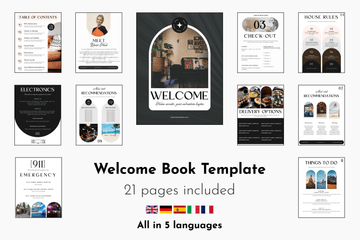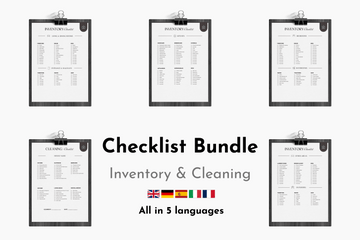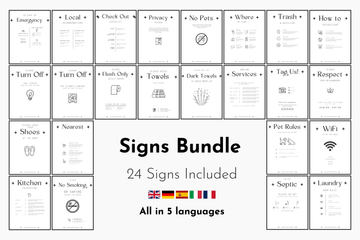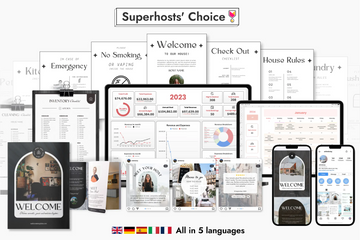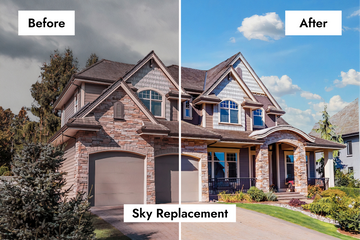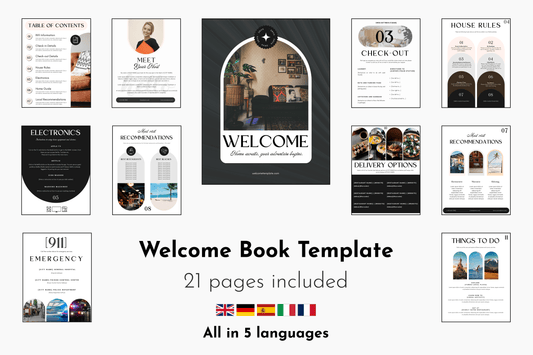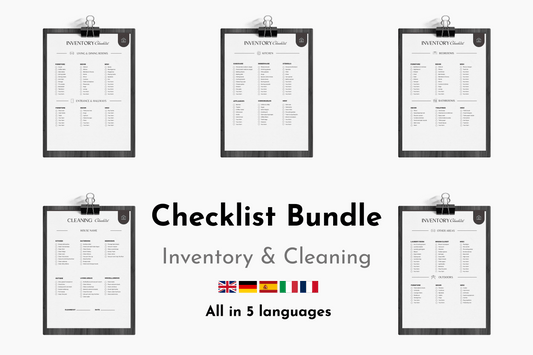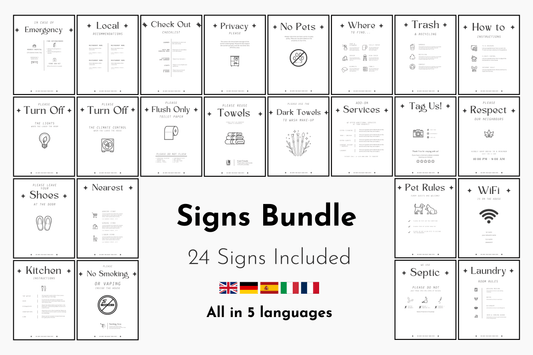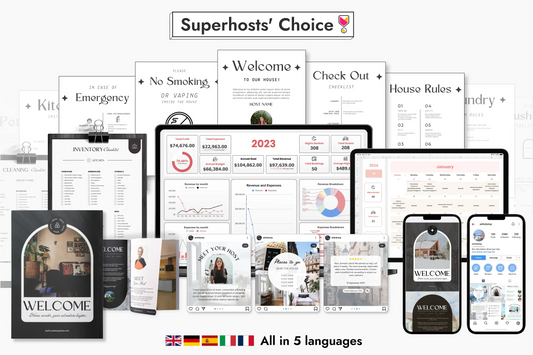Establishing clear house rules for your Airbnb is crucial for creating a safe, enjoyable, and hassle-free experience for both hosts and guests. Well-defined house rules set expectations, help prevent misunderstandings, and protect your property. Here’s how to craft effective house rules that will foster a positive environment and ensure smooth operations.
Why Clear House Rules Matter
House rules are the backbone of a well-run Airbnb listing. They serve as a guide for guests, outlining what is and isn’t acceptable during their stay. By clearly communicating your expectations, you can minimize potential issues, avoid disputes, and ensure that both you and your guests have a positive experience.
Key Areas to Address in Your House Rules
When drafting house rules, it’s important to cover all aspects of the guest experience while maintaining a welcoming tone. Here are some essential areas to consider:
1. Respect for the Property
- General Conduct: Encourage guests to treat your property with care. This includes guidelines on cleanliness, proper use of amenities, and consideration for furnishings and decor. For example, you might ask guests to avoid wearing shoes inside or to use coasters on wooden furniture.
- Prohibited Activities: Clearly outline activities that are not allowed, such as smoking, hosting parties, or bringing in unregistered guests. These rules help protect your property from damage and ensure compliance with local regulations or community standards.
2. Noise and Neighborhood Etiquette
- Quiet Hours: Specify quiet hours to ensure that guests do not disturb neighbors, especially in residential areas. This is particularly important for properties in apartment buildings or densely populated areas.
- Consideration for Neighbors: Encourage guests to be mindful of their surroundings, such as by avoiding loud music, using common areas respectfully, and following parking guidelines.
3. Safety and Security
- Entry and Exit Procedures: Provide clear instructions on how to use locks, security systems, and keyless entry devices. Ensure guests understand how to secure the property when they leave, both during their stay and upon checkout.
- Emergency Information: Include contact numbers for local emergency services, the location of fire extinguishers, and instructions for handling any safety issues that may arise.
4. Check-In and Check-Out Policies
- Check-In/Check-Out Times: Clearly state the times for check-in and check-out. This helps guests plan their arrival and departure, ensuring a smooth transition between bookings.
- Late Check-Out Fees: If applicable, mention any fees associated with late check-out. This can prevent misunderstandings and ensure timely preparation for the next guest.
5. Guest Count and Visitors
- Maximum Occupancy: Specify the maximum number of guests allowed during the stay. This helps prevent overcrowding and ensures that your property is used according to its capacity.
- Visitor Policy: Outline whether or not guests are allowed to have visitors and any restrictions that apply, such as the number of visitors or visiting hours.
6. Pet Policies
- Pet-Friendly Guidelines: If you allow pets, specify any rules, such as where pets are allowed in the house, expectations for pet cleanliness, and any additional fees for pets.
- No-Pets Policy: If pets are not allowed, make this clear to avoid any surprises for guests who may assume pets are welcome.
7. Use of Amenities
- Appliances and Facilities: Provide guidelines on the use of appliances, such as the washing machine, dishwasher, or HVAC system. Include instructions on operating any special features, like a hot tub or fireplace.
- Shared Spaces: If your property includes shared spaces (like a backyard or pool), clarify how these areas should be used and any applicable rules for maintaining shared amenities.
Crafting the Right Tone
While it’s important to be thorough, it’s equally essential to present your house rules in a friendly, welcoming tone. Guests should feel that the rules are there to enhance their stay, not restrict it. Use positive language and frame the rules as guidelines for a pleasant experience. For example, instead of saying, "No loud noise after 10 PM," you could say, "Please respect our neighbors by keeping noise to a minimum after 10 PM."
Communicating Your House Rules
Your house rules should be easy to find and understand. Include them in your Airbnb listing, within the booking confirmation, and in a welcome packet at the property. It’s also helpful to highlight key rules during the check-in process, either in person or through a message, to ensure guests are aware of your expectations.
Enforcing House Rules
Despite your best efforts, there may be instances where guests do not follow the house rules. In such cases, it’s important to address the issue promptly and professionally. Use Airbnb’s messaging platform to communicate any concerns and remind guests of the rules. If necessary, contact Airbnb’s support team for assistance in resolving the issue.
Conclusion
Establishing clear house rules is a fundamental part of successful Airbnb hosting. By thoughtfully crafting and communicating these rules, you can create a harmonious environment that protects your property, respects your neighbors, and ensures a positive experience for your guests. Clear, well-enforced rules contribute to smoother operations, better reviews, and ultimately, greater success as a host.


